Nikita Leontyevich Salogor was a Moldavian and Soviet politician who served as First Secretary of the Communist Party of Moldavia (PCM) in 1942–1946. Of Romanian Ukrainian or Moldovan roots, he had a kulak mother, whom he openly denounced later in life. Salogor's early career was in agricultural institutions of the Ukrainian SSR and the Moldavian Autonomous Soviet Socialist Republic, where he also advanced politically. Following the Soviet advance into Bessarabia in 1940, he joined the leadership of the Moldavian SSR. Immediately promoted to Junior Secretary of the PCM, he was co-opted on its Politburo in early 1941, and took part in a workforce recruitment drive, which is described by historian Ion Varta as connected to the deportation of native Romanians.
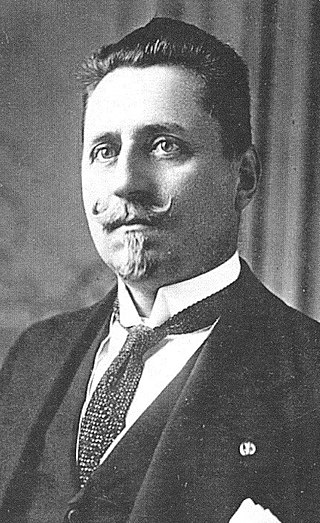
Ion Gheorghe Pelivan was a Romanian politician.
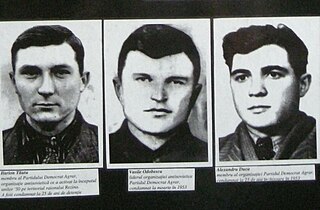
The Democratic Agrarian Party was a clandestine political party in the Moldovan SSR.

The National Organization of Bessarabia "Arcașii lui Ștefan" was one of the organized anti-Soviet groups in Bessarabia right after World War II.
The Freedom Party was a clandestine political party in the Moldovan SSR.
Multiple duplicate works stated, Works section generally unreadable/verbose. Needs general overall cleanup/CE
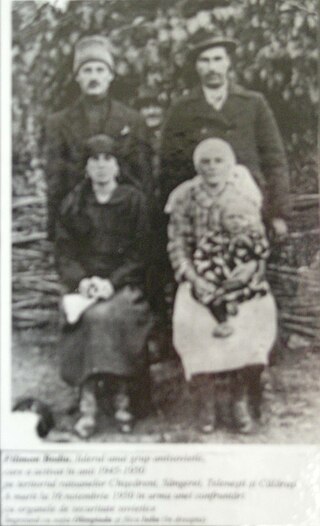
Filimon Bodiu was a Moldovan activist in the former Moldavian Soviet Socialist Republic.

Olimpiada Bodiu (1912–1971) was a Bessarabian activist and member of an anti-communist resistance group in the former Moldavian Soviet Socialist Republic.
Elena Postică is a historian from the Republic of Moldova.
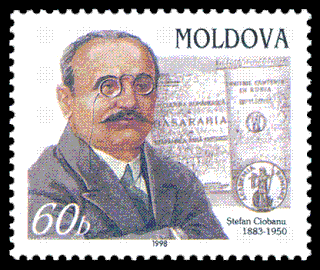
Ștefan Ciobanu was a Moldovan historian and academician, author of some important works about ancient Romanian literature, Romanian culture in Basarabia under Russian occupation, Bessarabian demography, fervent advocate of the introduction of the Romanian language in the schools of Bessarabia, vice-president of the Romanian Academy between 1944 and 1948. He served as Minister of Education (1917–1918) of the short-lived Moldavian Democratic Republic.
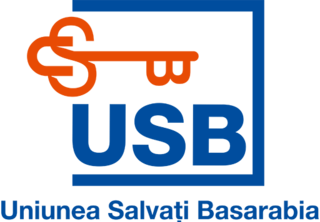
Save Bessarabia Union, previously known as European Action Movement is a political party from Moldova. The party supportes the unification of Moldova and Romania. On 21 July 2019, the party changed its name from European Action Movement to Save Bessarabia Union and elected Valeriu Munteanu as its new president.

Vasile Bătrânac is a Moldovan former educator and early Soviet dissident who was the head of the Arcașii lui Ștefan group in the Moldavian Soviet Socialist Republic shortly after World War II.
Armata Neagră was an organized anti-Soviet group in the Moldovan SSR (Bessarabia).

Ion Țurcanu is an author, educator, historian, memoirist, professor, former member of the Parliament (1990–1994), politician and Romanian writer from Moldova. He is one of the 277 MPs of the first parliament of the former Soviet Socialist Republic, who voted for the Declaration of Independence of the Republic of Moldova on 27 August 1991.

Vasile Odobescu was a founder and leader of the anti-Soviet organization Democratic Agrarian Party.

Wedding in Bessarabia is a comedy made in 2009 by director Napoleon Helmis. It is a co-production that includes Romania, Moldova, and Luxembourg.
Constantin Mâțu was a Romanian journalist and lawyer from Chișinău, Bessarabia. He served as the president of Journalists and Lawyers Association in Bessarabia during the interwar period.
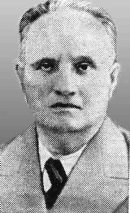
Alexander Carol Schmidt was a Bessarabian-born Imperial Russian and, later Soviet, politician, economist, lawyer and academic. He was the last Tsarist mayor of Chișinău, between 1917 and 1918.

Greater Moldova or Greater Moldavia is an irredentist concept today used for the credence that the Republic of Moldova should be expanded with lands that used to belong to the Principality of Moldavia or were once inside its political orbit. Historically, it also meant the unification of the lands of the former principality under either Romania or the Soviet Union. Territories cited in such proposals always include Western Moldavia and the whole of Bessarabia, as well as Bukovina and the Hertsa region; some versions also feature parts of Transylvania, while still others include areas of Podolia, or Pokuttia in its entirety. In most of its post-Soviet iterations, "Greater Moldova" is associated with a belief that Moldovans are a distinct people from Romanians, and that they inhabit parts of Romania and Ukraine. It is a marginal position within the Moldovan identity disputes, corresponding to radical forms of an ideology polemically known as "Moldovenism".

"Bessarabia, Romanian land", "Bessarabia is Romanian land" or "Bessarabia is Romania" is a popular and commonly used Romanian nationalist and irredentist slogan posing claims over the geographical region of Bessarabia, today divided between the Republic of Moldova and parts of Ukraine. According to the Romanian newspaper Adevărul, the use of this slogan as a patriotic catchphrase started in 2006 from a group of anonymous young Romanians from Bucharest.
This page is based on this
Wikipedia article Text is available under the
CC BY-SA 4.0 license; additional terms may apply.
Images, videos and audio are available under their respective licenses.











